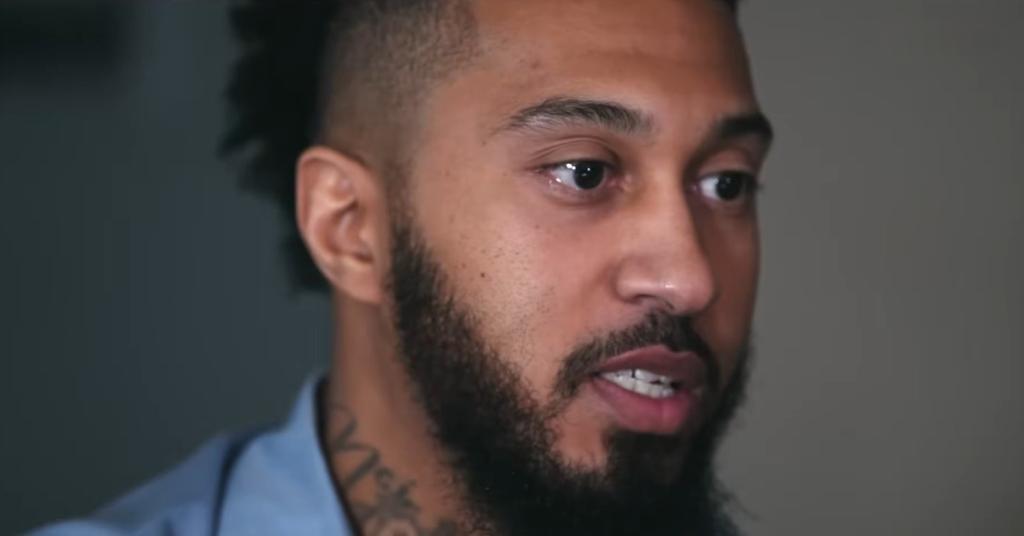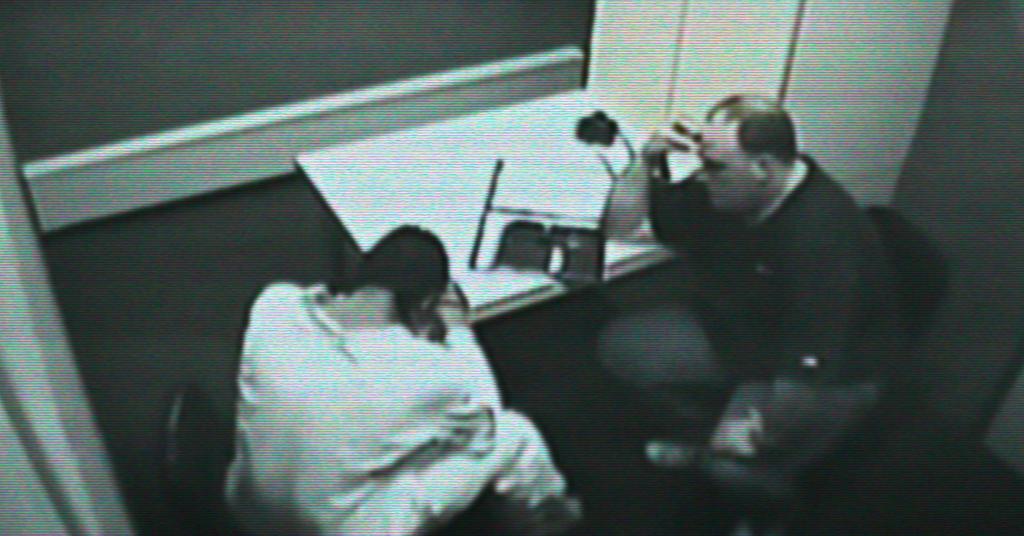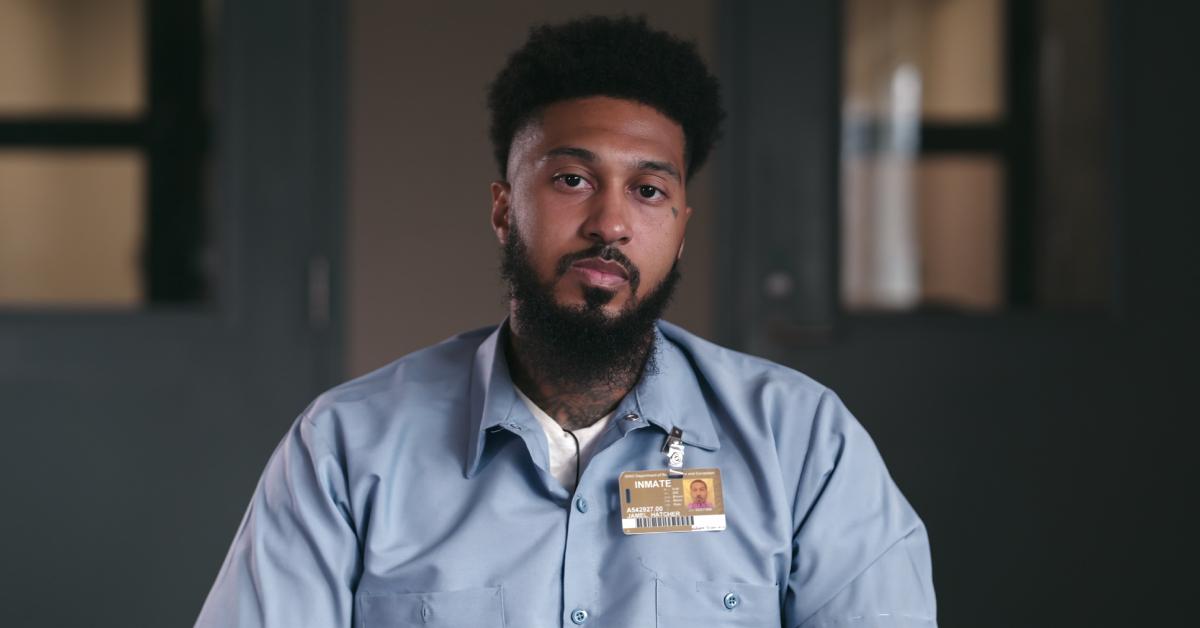Jamel Hatcher: Parole & Release Update - After Danielle Boone's Murder | 2024
Can redemption truly be found within the confines of a prison cell? For Jamel Dontez Hatcher, convicted of the 2005 murder of Danielle Boone, the answer appears to be a complex, evolving narrative, one filled with remorse, resilience, and the enduring hope for a second chance.
The story of Jamel Hatcher is one that begins in the suburbs of Cleveland, Ohio, and takes a tragic turn on May 6, 2005. On that day, at the age of 21, Hatcher shot and killed Danielle Boone, the mother of his child, in an apartment located on Sunnyslope Road in Maple Heights. The incident, which stemmed from an argument, resulted in Hatcher's eventual conviction and a 20-year prison sentence handed down in February 2008. The circumstances surrounding the event, the motivations behind it, and the subsequent efforts at rehabilitation have become a focal point, particularly in the context of his potential release.
Hatcher's journey is further complicated by the fact that he pleaded guilty to involuntary manslaughter in order to avoid a trial and secure a reduced sentence. This decision, made nearly three years after Boone's death, highlights the legal maneuvering that often accompanies such cases. The details of this plea, along with Hatchers attempts to secure an early release, offer a glimpse into the legal and emotional complexities of the situation.
His narrative is further detailed in the Netflix series "I Am a Killer", the episode titled Redemption focuses on Hatchers life before, during, and after the tragic event. In it, Hatcher insists the shooting was an accident, a key point in his defense and narrative of remorse. This episode includes interviews with Hatcher from Richland Correctional Institution in Ohio, providing an intimate look at the man behind the crime, his reflections, and the hope he clings to.
The series includes the marriage of Hatcher to Janae' Bates in 2021, who has been a pillar of support for Hatcher's early release. Boone's grandparents were also present in the zoom meeting, indicating the complexity of the relationships involved.
The following table provides a comprehensive overview of Jamel Dontez Hatchers personal and legal information.
| Category | Details |
|---|---|
| Full Name | Jamel Dontez Hatcher |
| Date of Birth | March 21, 1986 |
| Gender | Male |
| Race | Black |
| Crime | Involuntary Manslaughter (Original charge: Murder) |
| Victim | Danielle Boone |
| Date of Offense | May 6, 2005 |
| Sentence | 20 years in prison |
| Admission Date | (Information not provided in source, however, the sentence was given in February 2008) |
| Expected Release Date / Parole Eligibility Date | April 24, 2025 |
| Sentence Expiration | (Information not provided in source, however, is determined by his release and parole terms) |
| Marital Status | Married to Janae' Bates (2021) |
| Children | Daughter: Chyanne (with Danielle Boone) |
| Current Location | Richland Correctional Institution, Ohio (During interviews) |
| Parole Terms | Five years of parole upon release |
| Known For | Conviction of involuntary manslaughter in the death of Danielle Boone, and for being featured in the Netflix series "I Am a Killer" |
| Quote | "People say, 'you needed to come to prison to become the person that you are'" - Jamel Dontez Hatcher |
| Reference | Netflix - "I Am a Killer" |
The narrative surrounding Hatcher's potential early release is further complicated by the introduction of his daughter, Chyanne, who was unaware of her biological father or her mother's death until later in life. This adds another layer to the emotional and familial aspects of the case.
Hatcher has sought early release, but those requests have been dismissed. Yet, his support from his wife, Janae' Bates, indicates his attempt to turn his life around. In the "I am a Killer" episode, he discusses how helping fellow inmates has been part of his personal transformation. Hatcher believes he has changed, but his path to freedom is still a long road.
The complexities of the case and the details of his personal transformation are documented in the Netflix series "I Am a Killer". The series gives a platform to Hatcher's account, revealing the events leading up to the shooting, the aftermath, and his life within the prison system.
Jamel Hatchers story is a stark reminder of the complexities of the human condition and the long-lasting impact of a single, tragic event. His narrative, characterized by both profound loss and the pursuit of redemption, continues to unfold, leaving many to question the possibilities of rehabilitation and the meaning of second chances.


